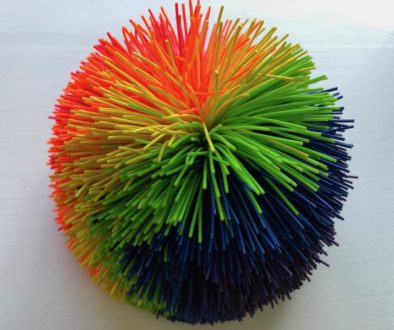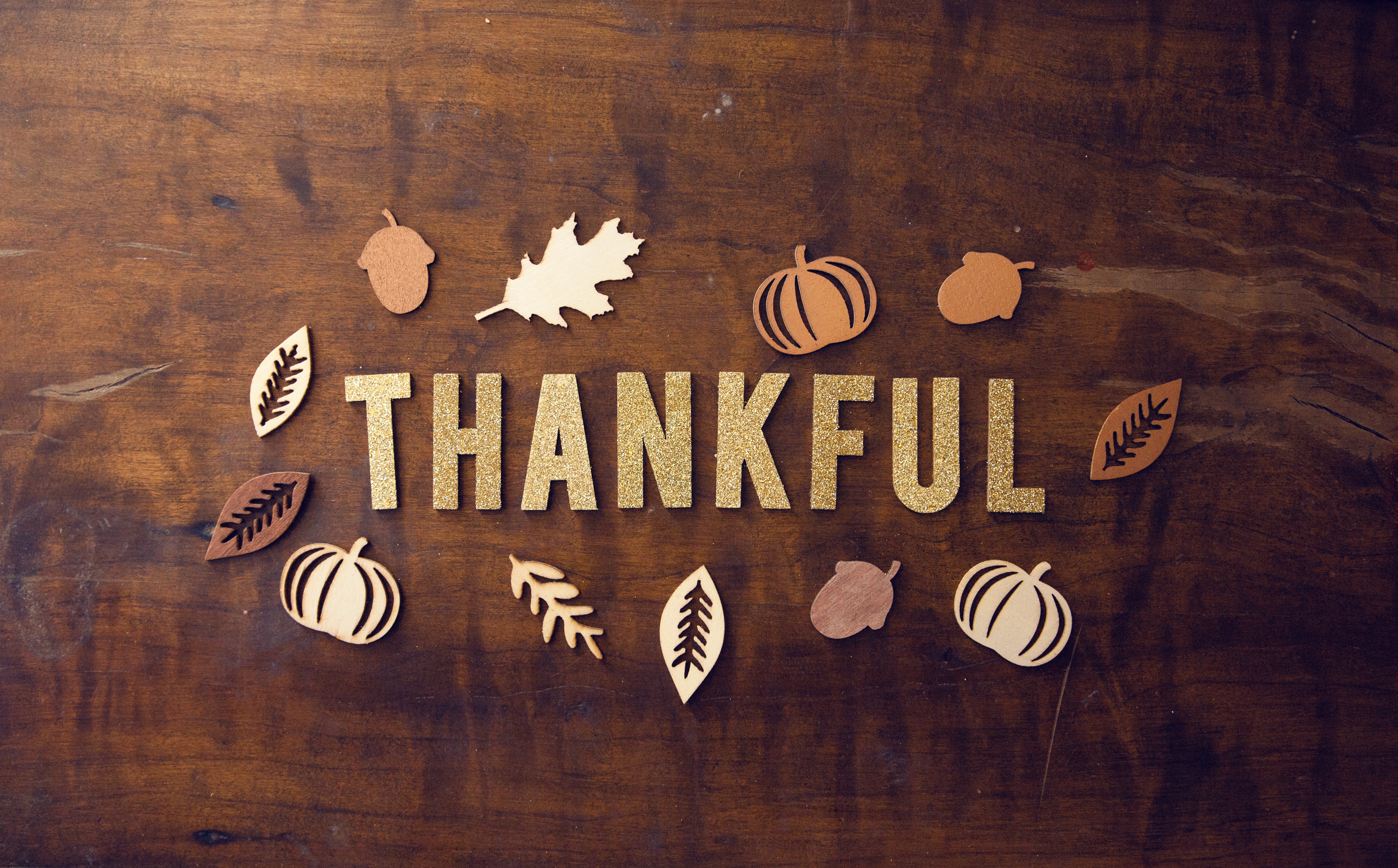This is one of my bugaboos. I have known lots of folks who use their highly empathic nature as a shield…Oh no, I am SO SENSITIVE, TOO EMPATHIC…I CAN’T (fill in the blank…go there, do that, be around that person…)
Does being an empath doom me to being more “fragile” in a highly stimulating world?
Absolutely NO!
Empaths can be highly sensitive AND highly resilient!
Empaths can love being in the trees, surrounded by quiet, and then totally enjoy a gathering with many loved ones, engaged in highly stimulating conversation, enjoying lively music.
Empaths are often introverts who recharge by having quiet time, but they can also be extroverts who gain energy by being out in the world a lot and very engaged with others.
Empaths can love perceiving on so many subtle levels, having a richer experience of life as a result.
The Challenge of Trauma for the Empath
Now, as a longtime trauma therapist, I know that many empaths had to develop high levels of intuition and sensitivity to survive some pretty awful stuff!
When danger is all around you, your senses need to get a very early read on it in order to mobilize some sort of self-protective response. That could include getting enraged from experiencing injustice for yourself or someone else, sensing the imperative for a quicker getaway, feeling extremely anxious and activated, or all the way to feeling numb and essentially shutting down.
If you have a history of trauma—often developmental trauma, such as neglect, abuse, medical trauma, or even scary events—the development of your nervous system, including the ability to be resilient, and other systems in your body may have gotten off track.
Posttraumatic Hope and Healing
Having safe, respectful, emotionally warm and secure relationships with loved ones and caregivers actually facilitates the development of many physiological structures, including our nervous system and our immune functioning. While these “secure attachments” certainly facilitate healthier growth during our childhood, positive relationships with other beings (humans and animals especially) can foster increased health and healing throughout our lives.
Opportunities to renegotiate earlier traumas allow our bodies to finally engage their own interrupted self-protective responses, such as self-defense, getting away, or being able to have safe rest and restoration.
When the body gets to safely (!) complete an interrupted fight, flight, for fright/freeze cycle, the sense of fear and dread subside and you find you can more easily tolerate—and even enjoy—experiences that used to be overwhelming.
We frequently see this renegotiation happen naturally when children play out the scary event, using stuffed animals or dolls, or even acting out the event and taking different roles.
As adults, allowing these instinctive responses, such as shaking and crying after a traumatizing experience (e.g., injury, loss, frustration, upset, etc.), is healthy and actually builds resilience. These responses allow for the deactivation of survival energy and the body to feel its ability to come out of challenge alive.
The tendency to frequently stop those responses and carry on as if nothing happened—stopping the shaking or being “so strong” that you don’t cry and get right back to work as if nothing happened—is a recipe for building outbursts of uncontrolled emotion later on, depression, or ultimately, a compromised immune system.
Boundaries and Empathic Resilience
The trick is to develop empathic resilience: having good, robust capacity to note what you are picking up in the environment, as well as a personal boundary field adept at only allowing what you—the boss—says is OK to perceive and feel, and allowing time and space for your own reactions to reach some completion.
This may mean that, at times, you shut most of the incoming information out—using strong filters and good “volume controls” in your nervous system. You know your limits, and you respect them.
Or you sense and feel something disturbing, but you can differentiate that this is coming from another source than yourself. Set some clear limits here: It is not you, not yours, and you don’t have to carry it for anyone else.
There is a difference between taking on and carrying someone else’s pain and being a compassionate witness to it.
Wonderfully, at other times, you willingly open your boundaries wide and with great heart to take in as much of the joy, the poignant, or even the deep connection of sharing sadness, trusting that you were built to withstand huge emotions, that you have large capacity.
And all of that is what we are exploring here: How to be strong, empathic birds, with vision that can see miles away and wing spans that easily take us wherever we want to go.
Finally, I want to know from you:
Where do you struggle with feeling fragile or overwhelmed by the incoming stimulation?
And how do you honor your sensitivity AND your capacity to be strong and resilient?
P.S. Have you gotten your FREE meditations and accompanying pdf yet to start building your empathic resilience?
Signing up also means you will be notified as soon as my Build Better Boundaries course goes live! Since I want you to be strong, happy, and loving your empathic gifts, this course will be HIGHLY INTERACTIVE, and you get lots of input.
So sign up here
and get on the road to Resilience!!!



